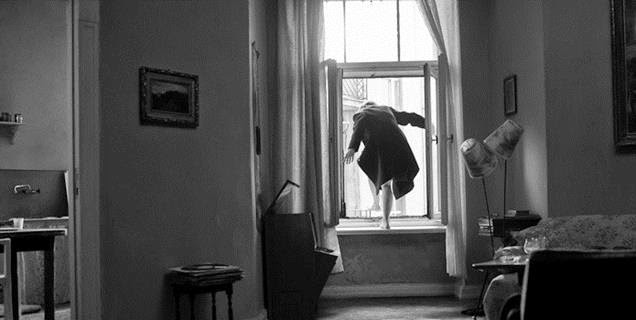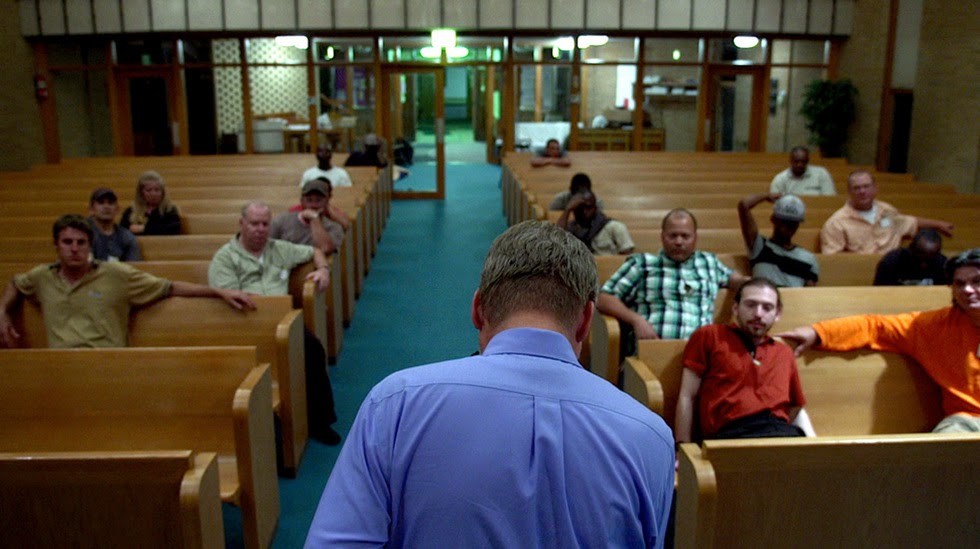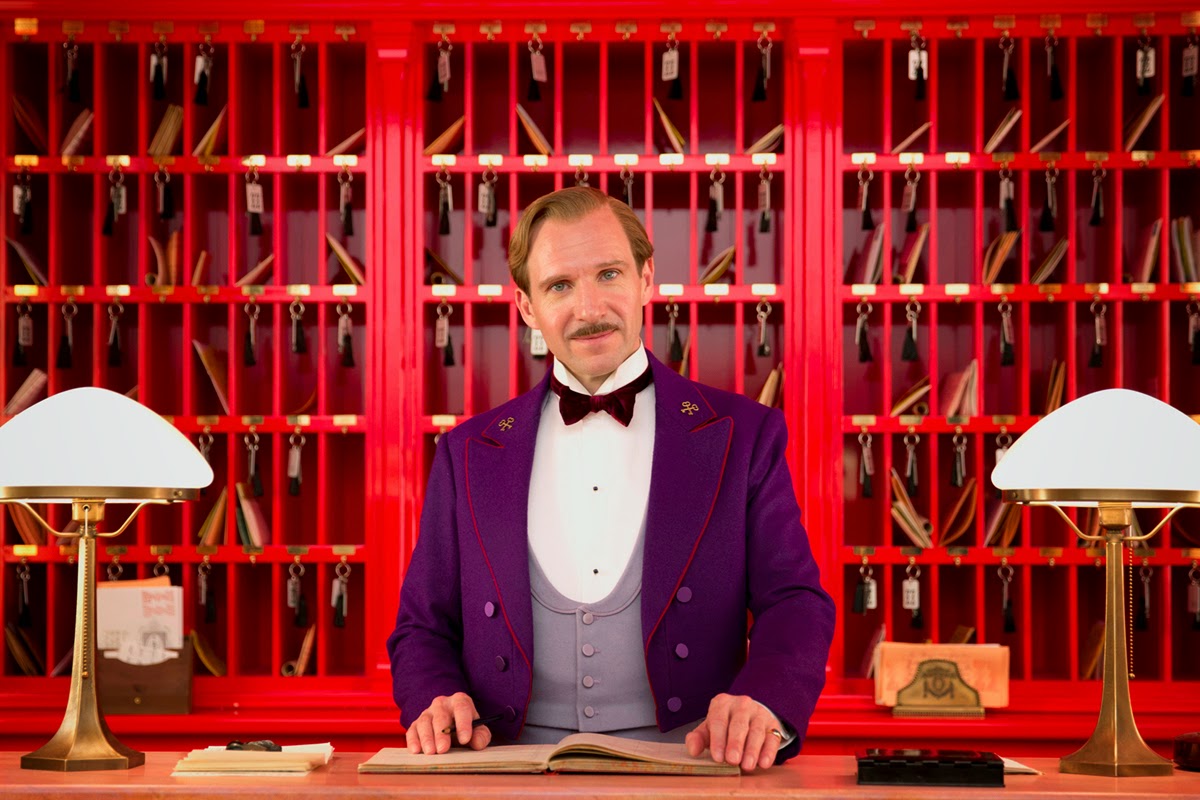The only thing I really recalled about Gremlins before watching it as an adult was big-eared, big-eyed little fluffy Gizmo -- or Giz -- behind the wheel of a hot pink toy sports car. Directed by Joe Dante, written by Chris Columbus, and produced by Stephen Spielberg, Gremlins came out in 1984. I was a year old. The sequel, The New Batch, wouldn't come out until 1990. Who knows when or how I saw the movie, but I grew up in a culture where Gremlins was more a product than a movie. There were gas station cups with a cutesy Gizmo on them, dolls, t-shirts, actual Gizmo's in actual pink sports cars. Thanks to cultural osmosis, I knew about the characters and premise, but the violence and gore of the original movie (the tipping point that resulted in the PG-13 rating, by the way) had been rendered out.
 The first half of Gremlins is perfect for a product line. The inventor father who underhandedly picks up the trilling mogwai from a Chinese curio shop goes as far as to remark that every kid in America will want one. And most kids wound up getting one. The cuddly mogwai toy was as ubiquitous in the 80s as plush ETs and Ewoks. The idea that this creature represented something that, if handled incorrectly, would turn into a monster ready to kill you, did not survive into franchising. This commercial for Gremlins breakfast cereal doesn't even make a joke about food's connection to the disastrous transformation. In some ways, Gremlins didn't heed its own warning. The glut of products that spawned from this weird little movie are maybe the real monsters. The movie itself might even agree with me there.
The first half of Gremlins is perfect for a product line. The inventor father who underhandedly picks up the trilling mogwai from a Chinese curio shop goes as far as to remark that every kid in America will want one. And most kids wound up getting one. The cuddly mogwai toy was as ubiquitous in the 80s as plush ETs and Ewoks. The idea that this creature represented something that, if handled incorrectly, would turn into a monster ready to kill you, did not survive into franchising. This commercial for Gremlins breakfast cereal doesn't even make a joke about food's connection to the disastrous transformation. In some ways, Gremlins didn't heed its own warning. The glut of products that spawned from this weird little movie are maybe the real monsters. The movie itself might even agree with me there. As with a surprising amount of Stephen Spielberg's projects in the 80s, there's a little brook of antiquated Orientalism running through Gremlins. The sentiment reaches near racism in the voice of the drunk veteran next door neighbour who bemoans America's obsession with foreign products. "You gotta watch out for them foreigners because they plant gremlins in their machinery... They put them in cars, they put them in your TV. They them in stereos and those little radios you stick in your ears. They even put them in watches! They have teeny gremlins for our watches!" Ostensibly, the mogwai is just such a foreign product. As the cute mogwai transforms, turning into rampaging, mindless gremlins that tear apart a nice little American town, it's hard not to see Gremlins as pretty xenophobic.
But after the day's been saved -- the town's been destroyed, but probably nothing that can't be cleaned up in time for Kingston Hills to becomes Hill Valley (both movies take place on the same Universal Studios backlot -- the wizened grandpa from the curio shop returns to take back Gizmo and scold the Peltzer family. "You do with mogwai what your society has done with all of nature's gifts. You do not understand. You are not ready." He's especially upset that the white Americans have taught the mogwai to watch television, a concern that's reiterated and emphasized in the 1990 sequel. The foreign gremlins wreck mindless havoc, but in an American way. They gobble junk food, they guzzle booze, they smoke, and they fire off guns. Until they're all destroyed -- while watching a Disney movie -- they're living the unchecked American dream.
Is Gremlins saying that culture, like the mogwai, is something that one needs to be delicate with or else destroy/be destroyed by? And is the way that American cultural excess has spread throughout the world indicative that we've been irresponsible? Or is it about how America is being destroyed by foreign influence? Or is it just a kids movie?
Really, who cares when Gizmo's that cute?
- Andrew


















